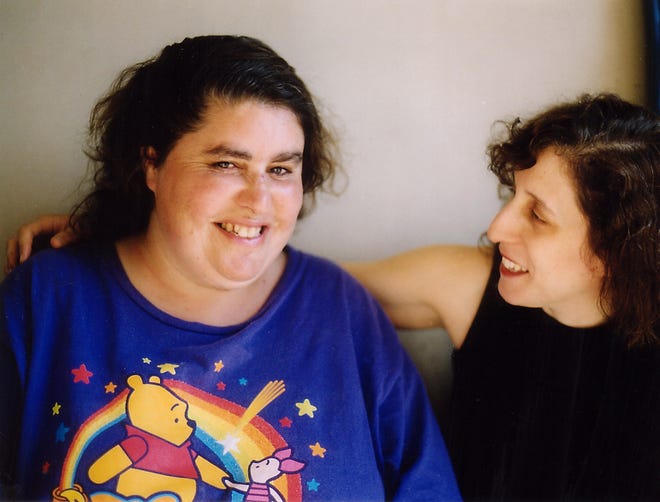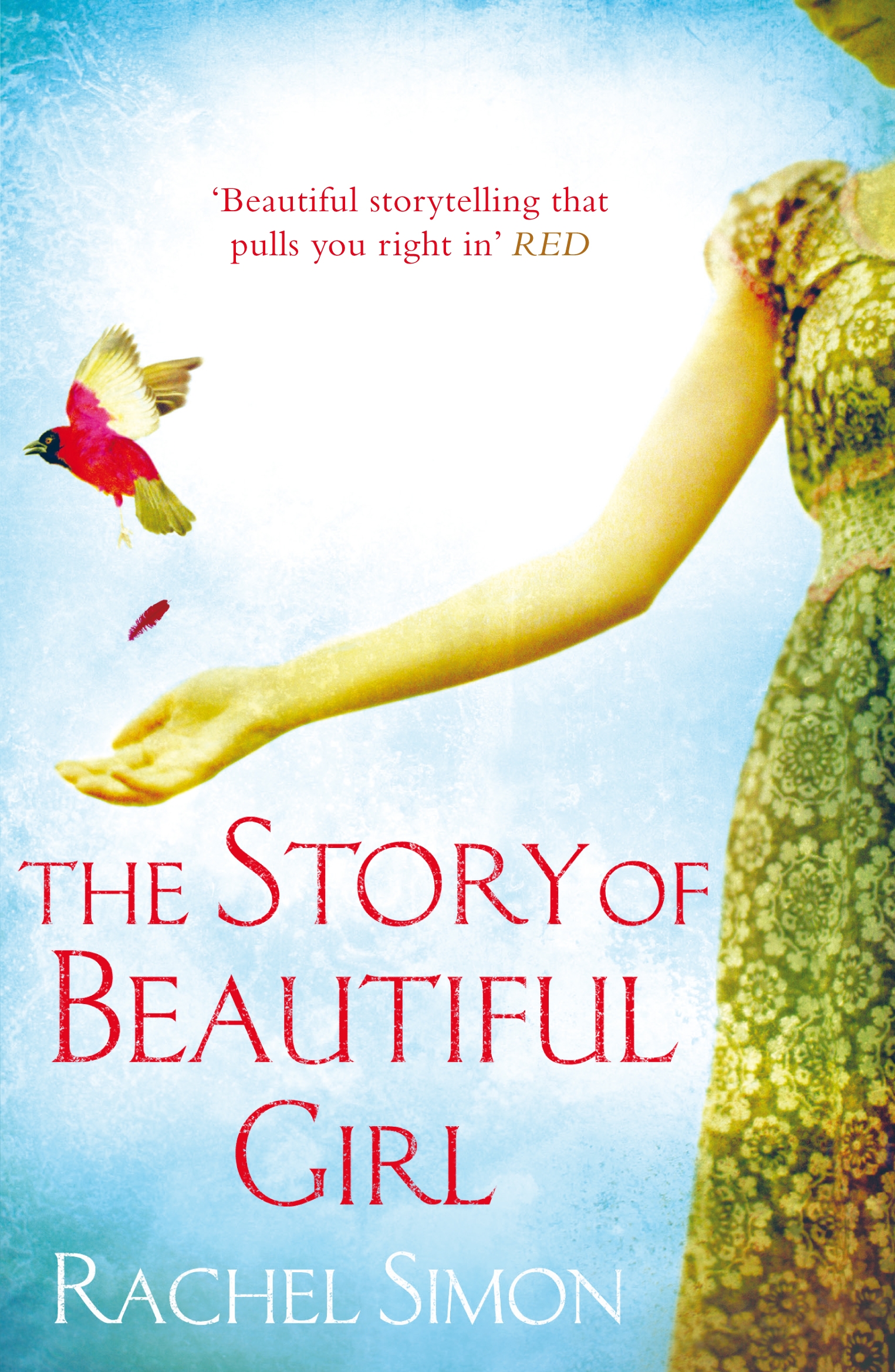The Story of Beautiful Girl by Rachel Simon
This was our second Book Club book. It seemed interesting we had two books in a row on Mental Health Institutions but I found this one captivating not only in its story but also in the way the the Institutions in America have changed over the years.
For our family have also seen the changes in these in the Waikato, from Tokanui to The Henry Bennett Centre.
Lynnie, a young white woman with a developmental disability, and Homan, an African American deaf-mute man, are locked away in an institution, the Pennsylvania State School for the Incurable and Feebleminded, and have been left to languish, forgotten. While this school and many others like it have been closed, as a people we still have much to do to show compassion towards others that are different from each of us.
The year is 1968, and most Americans (and possibly most of
the word) are convinced that institutionalization, rather than education,
social services, or humaneness, is the only reasonable response to individuals
like Lynnie and Homan. Deeply in love, they escape, and find refuge in the
farmhouse of Martha, a retired schoolteacher and widow.
But what an institution they've fled --- a place that's
unimaginably filthy and corrupt, where residents are routinely restrained,
punished and terrorized by the guards, where friendship and compassion are all
too hard to find.
Lynnie a beautiful young woman who has voluntarily stopped speaking
and Homan (known to Lynnie as Buddy, but to most only as Number 42), have
escaped from the school. They harbor a dangerous secret --- Lynnie is pregnant and
it is imperative to the two that the baby not be born under those
circumstances.
The story begins with the night the baby girl is born as
they run from the school. It’s windy and rainy and the two stumble upon the
farmhouse of Martha Zimmer. Martha, an older woman, opens her door to two
bedraggled wanderers. Both are wrapped in makeshift blankets composed of old
signs, and neither one can speak. While Martha is not sure how or why they
chose her door, what is obvious to her is the affection they have for each
other, and that they are seeking refuge. As Lynnie (known only as Beautiful Girl to Homan) removes her wet outer
clothes, she unwraps a just-born baby girl. Hiding in her attic where they had
felt safe, they are discovered when a little later that night, there is a
second knock on the door, and it is the authorities from School looking for two
escaped inmates. Desperate to find a better life for her baby, Lynnie throws
herself on Martha's mercy, whispers two words to Martha: "Hide her”, as
she leaves her daughter with this quiet, trustworthy woman. But, the authorities only find Lynnie, as
Homan has escaped into the dark undetected and the baby is left behind in the
hopes that Martha will look after her.
Lynnie is hoping that she will not be isolated when she is
returned to the school, as how else will Homan find her again. While escaping
Homan is thinking on how to get back to the school to rescue Lynnie, and Martha
needs to decide whether she will honor Lynnie's request.
When Lynnie is returned to the school, we learn of the
horrors, and the mistreatment she and others had to endure. Homan continues his
escape, but the two --- neither of whom can tell their story --- remain
separated for nearly 40 years.
And so begins the epic journey of Lynnie, Homan, Martha, and
baby Julia- lives divided by seemingly insurmountable obstacles, yet drawn together
by a secret pact and extraordinary love. Over the course of the next 30 years
we share their ups and their downs, their worries and their happiness. Lynnie
never gives up her love of Homan and knows one day he will return for her. Life
returns to normal for no one in this thought-provoking book. Martha, whose
telephone rings only on December 24, when her former students call to arrange a
visit on Christmas day, finds her life changed as she cares for baby Julia. Martha
spends the remaining years in a constant state of fear that the secret will be
found out and the baby will be removed from her care. Enlisting her past
students, each of them plays a role in hiding Martha and the baby until the day
that Lynnie or Homan return. The child draws people into Martha's life and
gives her newfound purpose. Homan travels about the country with no way of
knowing where to find Lynnie, he doesn't even know her name, but as fate would
have it, he is lead to the one place they shared in common, Lynnie's love of
lighthouses.
As their lives continue in parallel, as their memories of
that stolen time together and their hopes for their absent daughter continue to
flourish, Homan and Lynnie prove to the world --- and to themselves --- exactly
what they're capable of.
 |
| Beth and Rachel |
Rachel Simon introduced readers to the challenges, heartaches and rewards of having a family member with a developmental disability. The memoir chronicles the year Ms. Simon spent accompanying her sister Beth, who is afflicted with an intellectual disability, on joyful bus rides through a city in Pennsylvania. Though this experience, the author gleaned an understanding of the inner life of the developmentally disabled as well as interviews with people who had been wrongfully
THE STORY OF BEAUTIFUL GIRL has a personal angle and a political agenda, to be sure --- just one glimpse at the descriptions of the so-called School and a glance at the author's note, and readers will grow outraged by the atrocities that actually happened not so very long ago. Even more important, however, is the way in which Simon utilizes the inner monologues of Lynnie and Homan to enhance their humanity in a much-needed and too-rare way. Seeing inside their heads, coming to know them as thinking and hurting and loving people, comes far closer to knowing the disabled and empathizing with them than most readers ever would on their own.
The book's dedication reads, "For those who were put away." Although Ms. Simon's awareness of the institutional life forms a backbone for the book, it is her insight into the indomitable spirit of the human soul that infuses The Story of Beautiful Girl with brilliance and honesty.
Rachel Simon is the award-winning author of six books and an American nationally-recognized public speaker on issues related to diversity and disability. Her titles include the bestsellers, The Story of Beautiful Girl and she is best known for her critically acclaimed, bestselling memoir Riding The Bus with My Sister. Both books are frequent selections of book clubs and school reading programs around the country. Riding The Bus with My Sister has been adapted for theater and Hallmark Hall of Fame, whose adaptation starred Rosie O' Donnell and Andie McDowell, and was directed by Anjelica Huston.



No comments:
Post a Comment